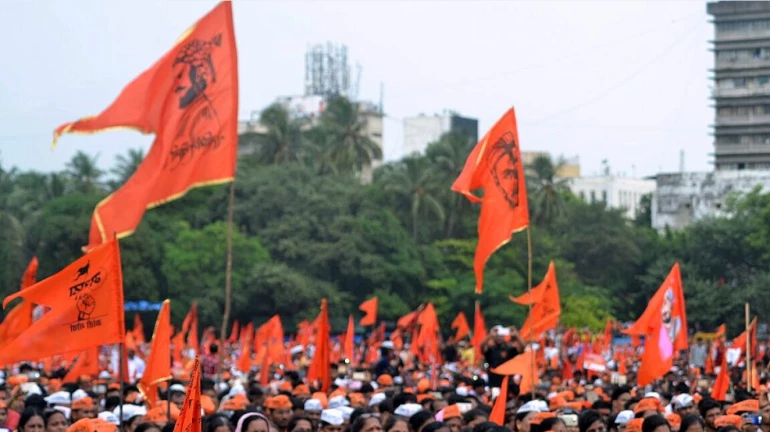
The Maharashtra state government has announced that it will file a curative petition with the Supreme Court to challenge its rejection of Maratha reservation. The state government will also form a new commission to examine the backwardness of the Maratha community in order to make a case for the quota. Chief Minister Eknath Shinde has directed the state administration to appoint neutral and efficient agencies to lead the commission's work. A detailed report regarding the same was published in the Hindustan Times.
Efforts to restore Maratha reservation criticized by experts
Despite the government's plans, experts do not believe that the measures taken by the Maharashtra state government will be effective in challenging the Supreme Court's decision. Virendra Pawar, a leader of the Maratha community, stated that curative petitions have never worked in the past. He suggests that the state government should either include Marathas in other backward classes or recommend that the central government amend the constitution to lift the 50% cap on reservation.
Proposal to include Marathas in OBCs
Pawar argues that the Banthia Commission, which was appointed to provide empirical data on the issue, estimated the OBC population to be 36%. This would leave room for Marathas to be included in that category, as OBCs currently receive 27% reservation which is disproportionate to their population. Pawar suggests that the reservation for OBCs should be reduced to 18-19% of their population to allow the remaining percentage to be given to the Marathas.
Past efforts to restore Maratha reservation
Marathas were granted 12% and 13% quota in education and government jobs respectively under the Socially and Educationally Backward Classes (SEBC) Act 2018. However, on May 5, 2021, the Supreme Court quashed Maratha reservation in education and government jobs in the state, stating that people from the Maratha community could not be considered educationally and socially backward. Following the Supreme Court ruling, the Maharashtra Vikas Aghadi government appointed the Justice Dilip Bhosale committee to recommend steps to restore the quota. The committee recommended a new commission to report on the backwardness of the community.
Limited options for Maratha reservation
A lawyer representing the government in court stated that neither including Marathas in OBCs nor recommending a constitutional amendment to lift the 50% cap on reservation are likely to offer any relief. The Maratha reservation was struck down by the Supreme Court because it exceeded the 50% cap and failed to prove exceptional and extraordinary conditions for the community in which reservation could be given. While the commission may be able to prove the backwardness of the Maratha community and recommend reservation, it would not solve the issue of exceeding the 50% cap.
Criticism of the Maharashtra government's approach to reservation
Opposition parties have criticized the state government for not taking a serious approach to Maratha reservation. Former Chief Minister Ashok Chavan stated that while the government's steps were necessary, they have not addressed the issue of the 50% cap. Shiv Sena (UBT) leader Sanjay Raut added that leaders who promised Maratha and Dhangar reservations when they were in the opposition should act on their promises. Leader of the opposition Ajit Pawar suggests that the state government should consult legal experts, community leaders, and opposition leaders to quickly restore the reservation.





